Health care & insurance for entrepreneurs is one of the biggest and most powerful health care tax strategies available! Many entrepreneurs don’t realize it, but as small-business owners, we have more options to save on health care and insurance costs than any other group of Americans.
For small business owners, the power of integrating tax planning and health care tax strategies can be phenomenal. It simply takes a little bit of research and consulting with professionals to create the perfect plan for you.
Claim the Health Insurance Deduction Properly
This is a huge benefit for small-business owners that cannot be taken advantage of by average Americans. Health insurance is 100% deductible for a small-business owner, whether you cover your other employees or not. A non-business owner would have to try and itemize this expense — and to no avail. However, if you own a small business DO NOT try and itemize. As a sole proprietor (or LLC operating as a sole proprietor), you’ll take this deduction on the front page of your 1040 tax return.
If you operate your business as an S-Corp, it’s required and critical that you report the payment of your health insurance in a specific manner. Your W-2 as a shareholder/employee needs to indicate the amount of health insurance paid by the company on the shareholder’s behalf. If it doesn’t, the IRS can disallow the deduction.
YEAR END TIP: S-Corp owners issuing their final W-2 for the year need to indicate the amount of health insurance paid by the company in order to take the deduction.
Take the Health Insurance Tax Credit
If you do pay for some portion of your employees’ health insurance premiums, the Small Business Health Care Tax Credit for Small Employers is ripe for the taking. This little gem is a literal dollar-for-dollar tax credit against any taxes you owe and up to 50 percent of any health care premiums you pay on behalf of your employees.
There are a number of rules that really aren’t that difficult to meet. They do require you to cover at least half the cost of single (not family) health care coverage. In addition, you must have fewer than 25 full-time equivalent employees, and those employees must have average wages of less than $50,000 a year.
YEAR END TIP: Re-evaluate your health care plan for your employees in 2024, and make sure your payments on their behalf qualify for the tax credit.
The Federal Health Care. Gov website here actually has a lot of great information on this tax credit. Investigate it further if you think may qualify.
Use the Health Savings Account (HSA) Tax Strategy
This health care tax strategy is as strong as ever and a huge opportunity for the small-business owner. Although non-business owners can use an HSA, as a small-business owner or entrepreneur you have much more control over your health insurance plan. You can utilize creative strategies to acquire the right type of insurance to allow for an HSA.
In order to qualify, you have to enroll in a high-deductible health plan (HDHP). If you’re generally healthy, this is a great chance to save on premiums and avoid the doctor as much as possible.
In the meantime, your HSA contributions are deductible from your gross income on the front page of your tax return. This could potentially put you into a lower tax bracket.
The beauty of the HSA is that the funds grow tax-free and aren’t a “use it or lose it” plan. You can grow and build your HSA account for your future health care needs. You can also spend the money tax-free on qualified medical expenses, and you can invest the money in much the same way you invest in an IRA. Learn more at “The Power of the Health Savings Account (HSA)”.
Consider the Health Reimbursement Arrangement (HRA)
This is a fantastic strategy strictly for business owners. It really benefits those with higher-than-average medical expenses. The HRA allows you to set up your own “benefit plan” for health care and reimburse yourself for ALL of your health care expenses — thereby getting a 100 percent write-off for all of your medical expenses.
Now, this strategy must be used by a small-business owner. Again, the average American can’t even dream of implementing this strategy. The only challenge can be the structure you need to use in order to make the plan work. Sometimes it takes a little extra business planning and structuring — and certainly some attention to bookkeeping — to make it happen. However, it can be very lucrative and worth the extra time.
Don’t worry!! You can still implement a plan ANYTIME in 2024 and get the HRA working for YOU in your business. Give our office at KKOS Lawyers a call 435-586-9366 if you want to get an appointment and plan set-up. Total cost – $500.
YEAR END TIP: Adopt your Health Reimbursement Plan to be effective for the entire year of 2024.
With a little bit of tax planning with a CPA that understands the HRA, you can take massive tax deductions for your health care expenses over and above your health insurance.
Choose the Right Health Insurance Plan
It is interesting how it has now become an important year-end issue with the advent of the “enrollment period.” We need to be thinking about the right type of insurance plan for next year — now and while we consider our tax strategies. No matter when your ‘Enrollment’ is, make sure to choose the right type of insurance.
I know that it is miserable finding the right health insurance policy. We’re all in the same boat. Although it can be a lot of work, DO NOT WAIT UNTIL THE LAST MINUTE! Health insurance is a HUGE tax-saving opportunity for business owners!
During the process, learn the features of the types of “metal” health insurance plans and the differences between each one. Essentially, you will have to choose from platinum, gold, silver, and bronze plans. The plans will have different benefits, deductibles, and premiums.
Breakdown
Generally, platinum plans provide the greatest benefits and lowest deductibles. On the other extreme, the bronze plans have high deductibles opening the door to the HSA. They are also the most affordable. Keep your anticipated health in mind as you try and choose the right type of plan for your situation.
Good News!! There is NO longer a penalty for not having qualifying insurance. Now with that said I’m not recommending that you don’t get insurance. Don’t throw caution to the wind and go around insured with a possible major medical accident or expense looming. However, if the only reason you were getting insurance was to avoid the penalty, you’re now in the clear!
Be aware of what enrollment options are available in your area. Are you using a state exchange or HealthCare.gov? Don’t feel you are stuck with these exchanges. They can be a great place to start, but take the time to shop around and understand your options. Then seek out a provider directly or through an insurance agent. Also, don’t forget the open market. The private marketplace for insurance is still alive and well.
Finally, many shopping for insurance don’t realize that the “network” is the real issue. As you look closer, you will be surprised to see the wide range in premiums among the various types of “metal” plans. The reason isn’t just the benefits — it’s also the network of doctors that come with a particular plan. Many people don’t realize that the savings under certain policies are because the insurance company provides a smaller network of doctors under the plan. It may be stripped of additional benefits, such as dental or vision care.
Bottom line of Health Care Tax Strategies
It’s important to have a coordinated plan for your taxes and your health care expenses. They are related to each other more than you may realize. Don’t leave it to chance. If you have more than $3,000 a year in out-of-pocket medical expenses, e.g. co-pays, deductibles, prescription drugs, dental, eye care, chiropractic, etc.. Then chances are, you could benefit from some additional planning. Just imagine if you could deduct 100 percent of these medical costs — it could be life-changing.
As you can see, this is a BIG topic, but I break this down in Chapter 11 of the 2nd edition of my book “The Tax and Legal Playbook – Game Changing Solutions for the Business Owner”. Don’t give up and keep learning!! There are a lot of variables to consider when designing your health care tax strategies The savings around every corner.










